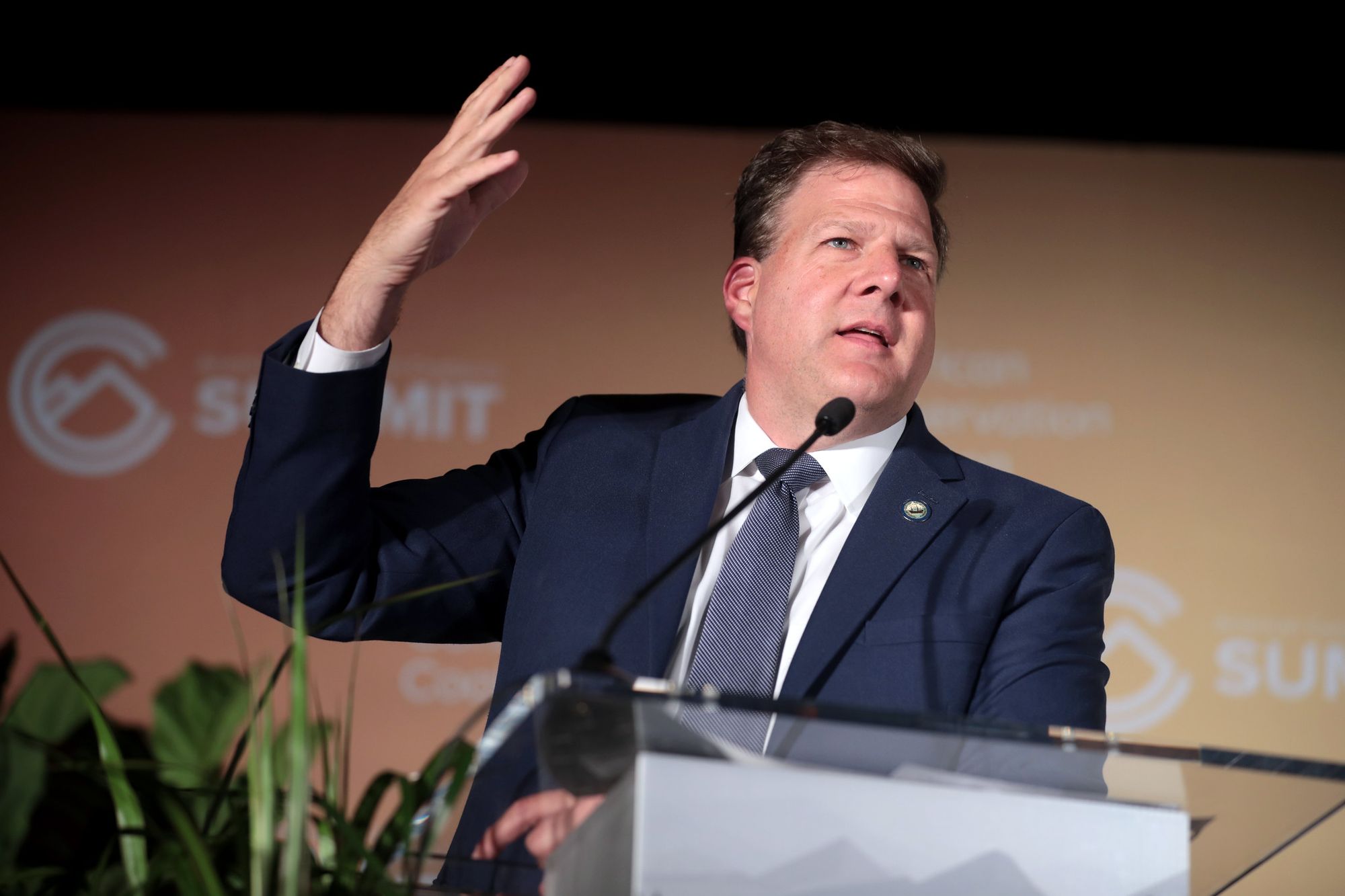Republicans choose Bradley to lead them in NH Senate; Democrats pick Soucy

New Hampshire Senate Republicans voted for Sen. Jeb Bradley to serve as Senate president next term, promoting the longtime Senate majority leader to the chamber’s top position after the departure of Sen. Chuck Morse.
In a unanimous, closed-door vote Thursday, the 14 elected Republicans chose Bradley as their nominee, according to a press release by the New Hampshire Republican Party. Bradley will need to be formally voted in by the 24-member body on “Organization Day” Dec. 7.
Bradley, a Wolfeboro Republican, has served as majority leader under Morse since 2010, after winning a special election to the state Senate in 2009. He was briefly out of the position when Democrats won back the chamber in 2019 and 2020, but was reappointed by Morse after Republicans flipped the chamber in 2020.

Born in Maine, Bradley moved to New Hampshire in 1981 from Switzerland, after a brief career as a street magician. In New Hampshire, he has run a natural foods store and a painting business, and managed real estate.
An avid hiker, Bradley completed the White Mountains “Grid” challenge in 2015, successfully hiking each of New Hampshire’s 48 4,000-footers once for each month of the year.
He was elected to two terms in Congress in the 1st Congressional District from 2002 to 2006, losing re-election to Democrat Carol Shea-Porter in 2006.
As majority leader, Bradley was responsible for keeping order in the Republican caucus by helping set policy priorities and maintaining unity around key votes. He has been an architect of compromise between Republicans and Democrats, such as with the extension of Medicaid expansion in 2018. But he has also brought together moderate and ideological factions of Republican lawmakers: He helped fine-tune the “banned concepts” teaching legislation and the 24-week abortion ban in the 2021 budget in order to win approval among House Republicans.
As Senate president he would enter a more administrative and ceremonial role. But it still carries political power and often involves coordination with the majority leader.

In a statement, Bradley said he was “extremely honored” by the informal election.
“We hope to build on our record of accomplishments from the past two years and are looking forward to continuing to work for hardworking Granite State families during the next legislative session,” he said.
Morse left the state Senate to run for U.S. Senate; he lost in the Republican primary to Brig. Gen. Don Bolduc. Senate Republicans have not publicly announced their choice for majority leader.
Democrats pick Donna Soucy
On Friday, Senate Democrats announced their own closed-door selection of Sen. Donna Soucy to be Senate minority leader. Soucy, a Manchester lawyer who as senator has prioritized an increase to the state’s minimum wage, is serving her sixth term. She served as Senate president in 2018 and has been minority leader since 2020.
“With such a closely-divided legislature, it is more important than ever that we come together to address the challenges facing our state,” Soucy said in a statement. “We must address the rising costs our families are struggling with and protect our fundamental freedoms, including reproductive rights and access to safe and legal abortion.”

This story was produced by the editorially independent New Hampshire Bulletin, which is part of States Newsroom. Contact Editor Dana Wormald for questions: info@newhampshirebulletin.com.
